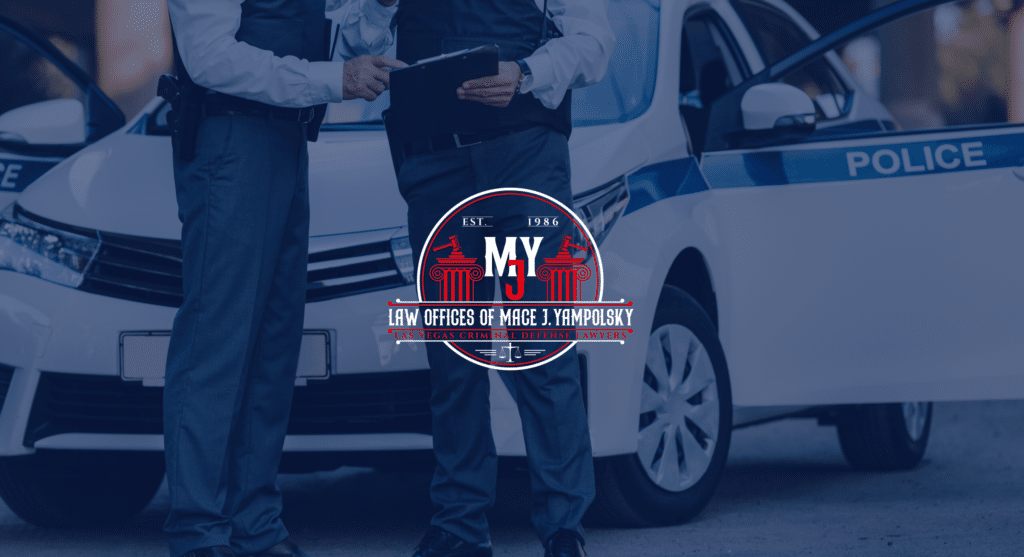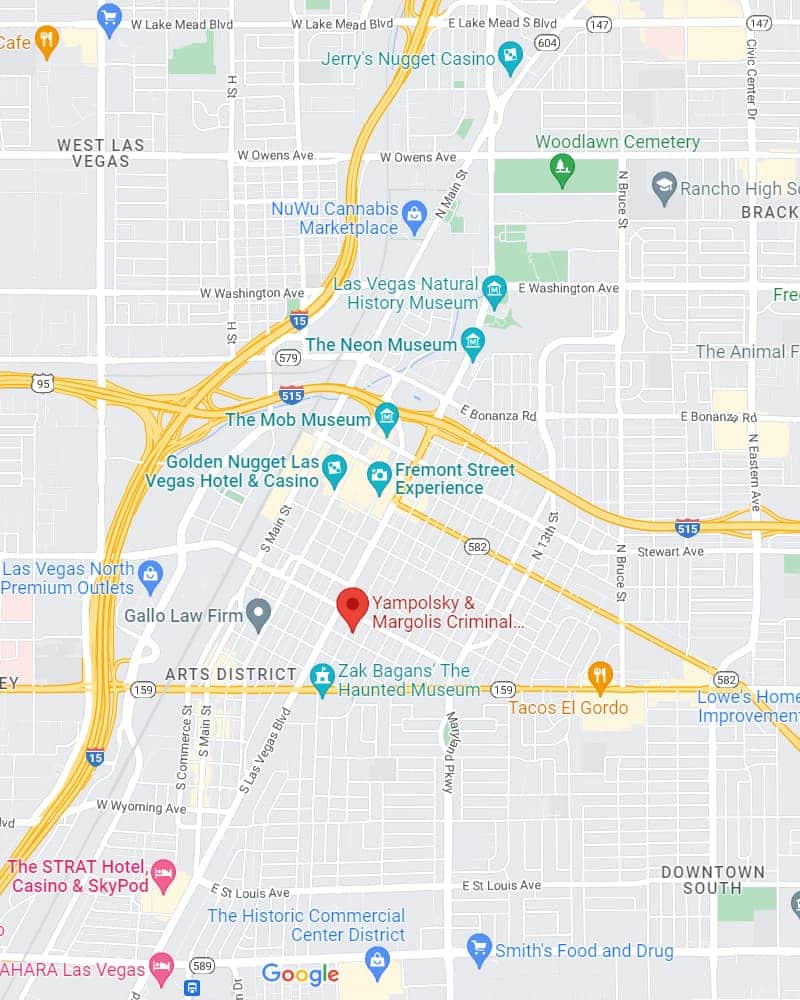The penalty for a first-time offense of driving on a revoked/suspended license is a flat time sentence of 30 days in the Clark County Detention Center and/or Las Vegas, Henderson, or North Las Vegas City Jail, depending upon the Court from which your case originates. A second time offense carries a penalty of up to 6 months in jail. The bottom line, especially today in lieu of the recent change in the law, the safest course of action is simply not to risk it.
To the extent that driving is NECESSARY for you—endure the expense and hardship of having an IID device installed. A Breath Ignition Interlock Device is worth its weight and cost in gold provided it keeps you out of jail and behind the wheel of your car—legally.






